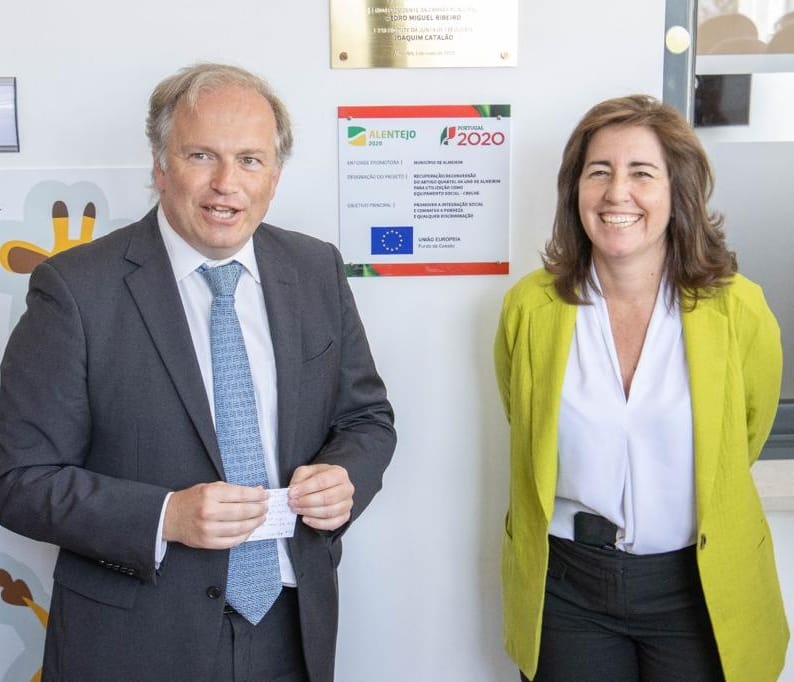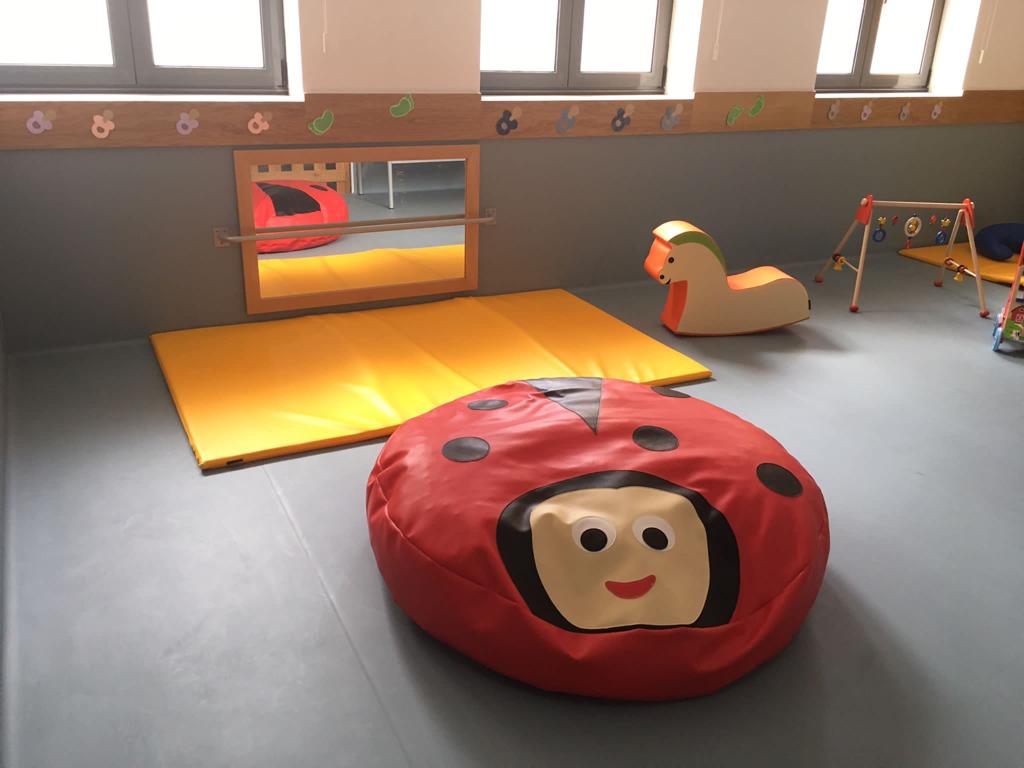One out of four children in Europe lives in poverty or is at risk of poverty and social exclusion. According to the latest report of the Fundamental Rights Agency, in 2022, the number of children at risk of poverty even increased from 24,4% to 24,7%. 2 years after the adoption of the European Child Guarantee – a major political priority of progressive parties in Europe - this worrying trend calls for urgent action at all levels of government.
"No Member State and no region in the EU is free of child poverty and social exclusion. With the adoption of the European Child Guarantee, the EU has taken an important and determined step towards eradicating them. However, now we must put words into action and ensure that the measures taken reach and empower children in need", underlines Slovenian MEP Milan Brglez (S&D), the new co-chair of the European Parliament's Intergroup on children’s rights. "The volatile economic and social situation in the EU calls for swift adoption of all national action plans, their vigorous implementation, monitoring, evaluation and regular update. For its success in the era of ever-emerging complex new crises, it is of vital importance that the Child Guarantee is reinforced with adequate EU and national funding."
Progressive cities leading the way
Progressive local and regional leaders are front-runners in creating an inclusive Europe where every child is supported in their development and benefit from equal rights – in particular those coming from disadvantaged backgrounds and economically vulnerable households.
One of them is PES Group member Pedro Ribeiro, the Mayor of Almeirim – a city of some 22 000 inhabitants in central-eastern Portugal – who champions investment in education to make sure all children can benefit from affordable care, thereby making Almeirim an inspiring example of how a small municipality can lead in a much-needed change and be inspired by concrete actions.
In addition to an investment of around EUR 10 million on the refurbishment of all schools from kindergarten to the 3rd cycle, in the past 7 years, the city has increasingly prioritised the availability of nursery places. In Portugal, this service is traditionally provided by social welfare institutions, charitable organisations or private entities. At the central government level, the service is nearly non-existent, and at the local government level, very few municipalities have municipal nurseries.

"We are aware that Europe, and especially Portugal, needs policies to support families. Despite being a municipality with a relatively good record compared to nation-wide, we believe that the availability should be 100%. In other words, no child should be hindered in their development because of a lack of affordable nursery places, and no one should be disadvantaged because of their parents' financial situation", Ribeiro emphasised.
How Europe can make a difference
The city's flagship project is the Municipal Nursery, which has a capacity for 60 children, divided into 4 rooms: one for 10 infants, one for 14 children between 1 and 2 years old, and two rooms for a total of 36 children over the age of 2. There are 15 staff members, 11 operational assistants, and 4 specialised senior technicians in childhood education. Currently, the opening hours are from 7.30 am to 7.00 pm, with a 30-minute leeway either side, Monday to Friday. The intention is to establish extended hours, with specific regulations for those who work shifts, extending until midnight and including Saturdays.
The nursery requires an investment of over EUR 600 000 and incurs an annual operating cost of around EUR 350 000 without government support. Its running costs are primarily covered by minimal payments from parents, who typically contribute a daily rate of EUR 1.46 euros, covering their children's meals.

Europe is playing an important role in making this project come to life, too: The day care centre is the result of the repurposing of an old building in the city centre that used to be a National Republican Guard post and a courthouse. Approximately EUR 600 000 euros were invested in the project, with European support of around 50%.
"Despite the high cost for a small municipality like ours, we believe that this service it is crucial for ensuring equal opportunities for all children, for incentivising families to have children without worrying about how to take care of them when working, in particular single-parent families. It is fundamental for increasing equality, as in many cases, women give up or at least "suspend" their careers to care for their young children", Ribeiro stresses.
In fact, the call for inclusive care for all children is closely linked to gender equality, too. As emphasised in a recent study on the European Care Strategy by the Foundation for European Progressive Studies (FEPS), in the EU, women with children under the age of 7 spend an average of 20 hours per week more than men on unpaid work. This unequal distribution of care work constitutes a major hindrance to the achievement of a "Union of Equality": "In line with its fundamental principles, the EU has to account for care imbalances through wide-reaching answers addressing the challenges faced by women whose individual situations are as diverse as Europe itself, from single mothers to overstretched formal childcare workers and migrant domestic caregivers", underlines Laeticia Thissen, Senior Policy Analyst on Gender Equality at FEPS. "The EU Care Strategy builds on key initiatives such as the European Child Guarantee to initiate transformative policies breaking down entrenched gender norms and incentivising public investment in sound care infrastructures."
📅 Fair working conditions in childcare 👶
Join our 1st policy lunch of the #Care4Care series on Monday via Zoom!
Amongst our speakers: @CMorabito77 @PaolPan @SuPerLeenaK @LaeThissen
👉Register here: https://t.co/NrZqLmUSjQ
In coop. w/ @FEPS_Europe & @EPSUnions#CareStrategy pic.twitter.com/Tt031clbWy— FES Brussels (@FES_Brussels) June 2, 2023
Politics for people
Thanks to its success, the municipality is planning to further expand the project in future and has already acquired a new building in the city centre for EUR 250 000, and is working on a project for a new nursery that will accommodate 84 children. This investment will amount to approximately EUR 1.5 million, aiming to ensure a service close to 100% for the entire municipality.
As Mayor Ribeiro proudly underlines: "Politics should serve the people, otherwise it makes no sense. To improve people's lives, it is necessary to invest in policies that directly benefit them. This is clearly one of those cases. To achieve this, we have had to cut back on other activities. These are choices that must be made based on our conscience and our vision of society. I am one of those who believes that people are not just numbers. That we all have the right to the same opportunities. That is what makes and can make a difference in the future.“
***
© Photo credits: Ana Klipper on Unsplash / City of Almeirim
